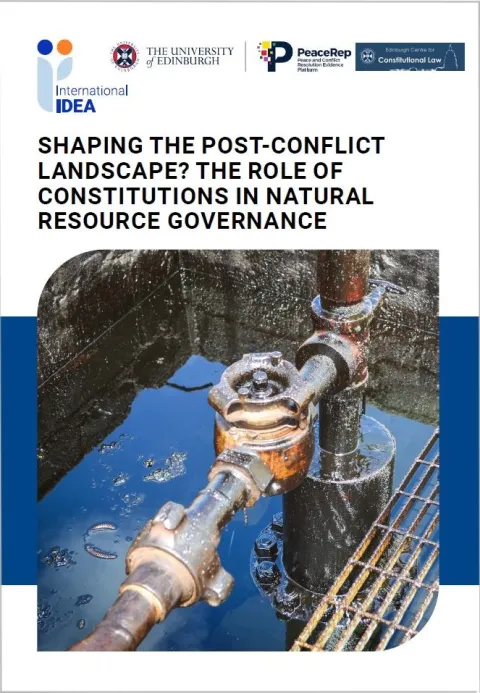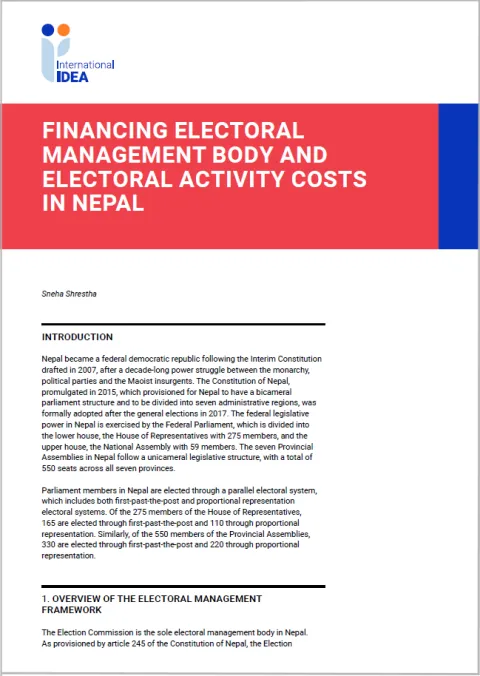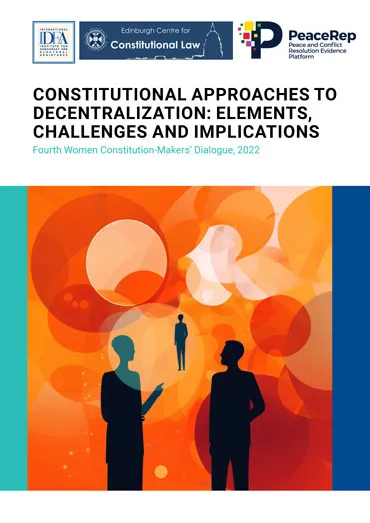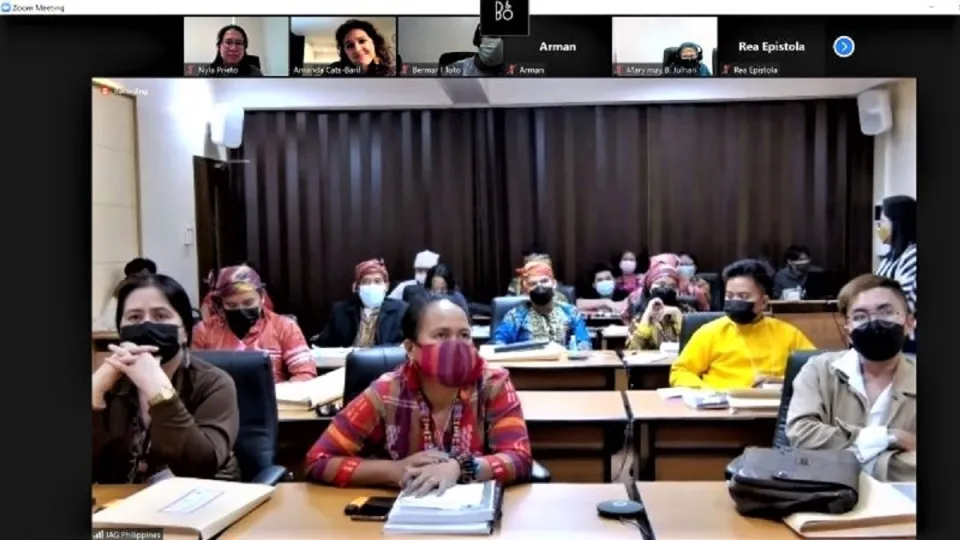A Glossary of Constitutional Terms: English–Nepali
Constitutions are legal texts and must be written in a style that is objective, clear and precise.
To reflect the intentions of the law makers, drafters of constitutions and other laws must understand the full meaning of legal terms and the implications that the words used will have and then use the clearest words and formulations consistently.
As legal texts are reference documents and normative guides, the words and formulations used in legal texts must be chosen with care, knowing that they will be subject to review and interpretation over time.
Today the drafting of a constitution and supporting laws calls for a special style of writing that can be understood by ordinary people and not only by select groups of judges and lawyers. Many legal terms, initially developed through Latin-based languages, literally get lost or mangled in translations, or are defined by varied users in differing contexts, creating ambiguity and confusion.
In order to support the constitutional process in Nepal, International IDEA has developed this glossary of constitutional and legal terms. The purposes of the glossary are threefold: to establish Nepali equivalents of English constitutional terms, to standardize Nepali terminologies and to contribute to the development of plain language drafting of legal and constitutional texts at this critical juncture.
Details
Contents
Preface
Acknowledgements
Introduction
Glossary of Constitutional Terms
Appendix: Names of Parts of Legislation in English
Give us feedback
Do you have a question or feedback about this publication? Leave us your feedback, and we’ll get back to you
Send feedbackA Glossary of Constitutional Terms: English–Nepali
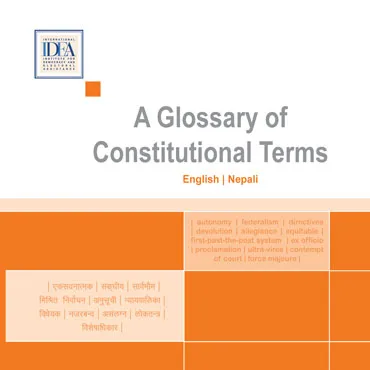
| Total views | 13554 |
|---|---|
| Downloads | 73 |
| Rating |
Give us feedback
Do you have a question or feedback about this publication? Leave us your feedback, and we’ll get back to you
Send feedback
